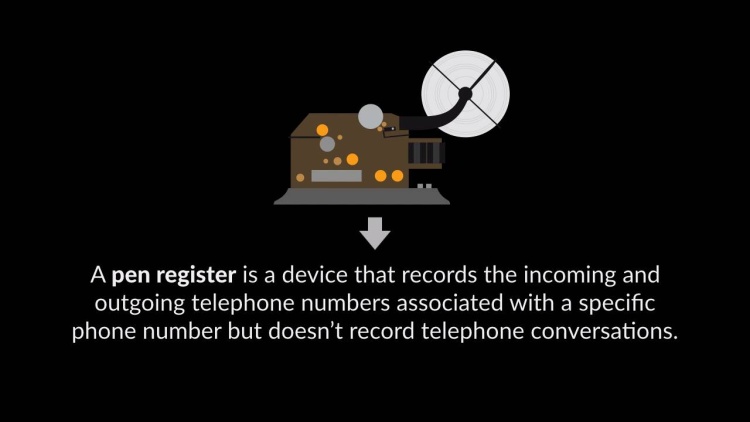Smith v. Maryland
United States Supreme Court
442 U.S. 735 (1979)
- Written by Sarah Venti, JD
Facts
Patricia McDonough was the victim of a robbery. She gave the police a description of the robber and of a 1975 Monte Carlo automobile that she had witnessed during the robbery. McDonough later received threatening phone calls from a man who claimed to be the robber. On one occasion, the man asked McDonough to step out on her front porch. McDonough did so and witnessed the 1975 Monte Carlo that she had earlier described to police moving slowly past her home. Police saw a man who met McDonough’s description driving the same car in McDonough’s neighborhood. The police traced the license-plate number and learned that the car was registered to Michael Lee Smith (defendant). Without obtaining a warrant, the police requested the telephone company to install a pen register at its central offices to record the numbers dialed from Smith’s home. The pen register showed that Smith later placed another call to McDonough. The State of Maryland (plaintiff) charged Smith with robbery. Prior to trial, Smith attempted to suppress the pen register because the police did not obtain a warrant. A jury convicted Smith, and the court of appeals affirmed. Smith appealed, arguing that the police’s use of the pen register constituted an unlawful search under the Fourth Amendment and that he had a reasonable expectation of privacy in his home. The United States Supreme Court granted certiorari.
Rule of Law
Issue
Holding and Reasoning (Blackmun, J.)
Dissent (Marshall, J.)
Dissent (Stewart, J.)
What to do next…
Here's why 907,000 law students have relied on our case briefs:
- Written by law professors and practitioners, not other law students. 47,100 briefs, keyed to 996 casebooks. Top-notch customer support.
- The right amount of information, includes the facts, issues, rule of law, holding and reasoning, and any concurrences and dissents.
- Access in your classes, works on your mobile and tablet. Massive library of related video lessons and high quality multiple-choice questions.
- Easy to use, uniform format for every case brief. Written in plain English, not in legalese. Our briefs summarize and simplify; they don’t just repeat the court’s language.





